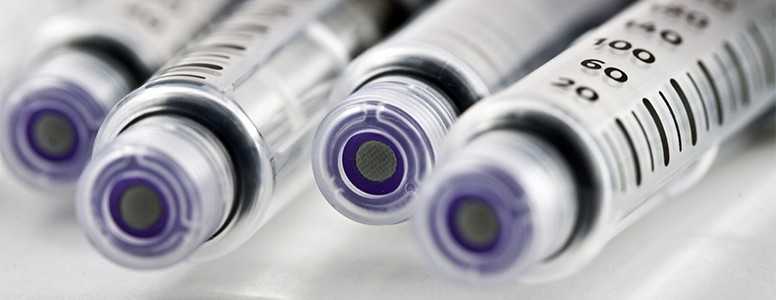Drinking alcohol excessively before conception may put babies at a greater risk of developing type 2 diabetes later in life, according to research carried out in rodents.
Binge drinking in the lead up to getting pregnant could result in “lifelong effects on the offspring’s glucose function”, researchers from America have claimed.
A team from New Jersey’s Rutgers University says excessive alcohol consumption could lead to youngsters having higher than normal blood glucose levels.
The NHS Choices website defines binge drinking in women as consuming more than six units during a short space of time, with a large glass of 11 per cent wine typically containing 2.8 units of alcohol.
Research has already established that alcohol abuse during pregnancy can cause long-term problems and now this latest study has claimed that having too much to drink before conception may also effect the health of a child.
The scientists examined the impact of alcohol in rats because they have a similar glucose function to people.
A group of rodents were given alcohol over a month to replicate the blood alcohol levels of people who binge drink. Then the drink was taken out of their diet and they were encouraged to mate after three weeks, the equivalent to several months for people. The control group of rats were not given alcohol.
Researchers found that the offspring of the rats that had consumed alcohol had impaired glucose tolerance.
Lead researcher on the study, Professor Dipak Sarkar, presented the research at the annual conference of the Endocrine Society, which has been taking place between April 1 and 4 in Florida.
He said: “The effects of alcohol use during pregnancy on an unborn child are well know, including possible birth defects and learning and behaviour problems. However, it is not known whether a mother’s alcohol use before conception also could have negative effects on her child’s health and disease susceptibility during adulthood.”
Ali Al-Yasari, who was the study’s co-author, added: “These findings suggest that the effects of a mother’s alcohol misuse before conception may be passed on to her offspring. These changes could have lifelong effects on the offspring’s glucose function and possibly increase their susceptibility to diabetes.”
What's new on the forum? ⭐️
Get our free newsletters
Stay up to date with the latest news, research and breakthroughs.








